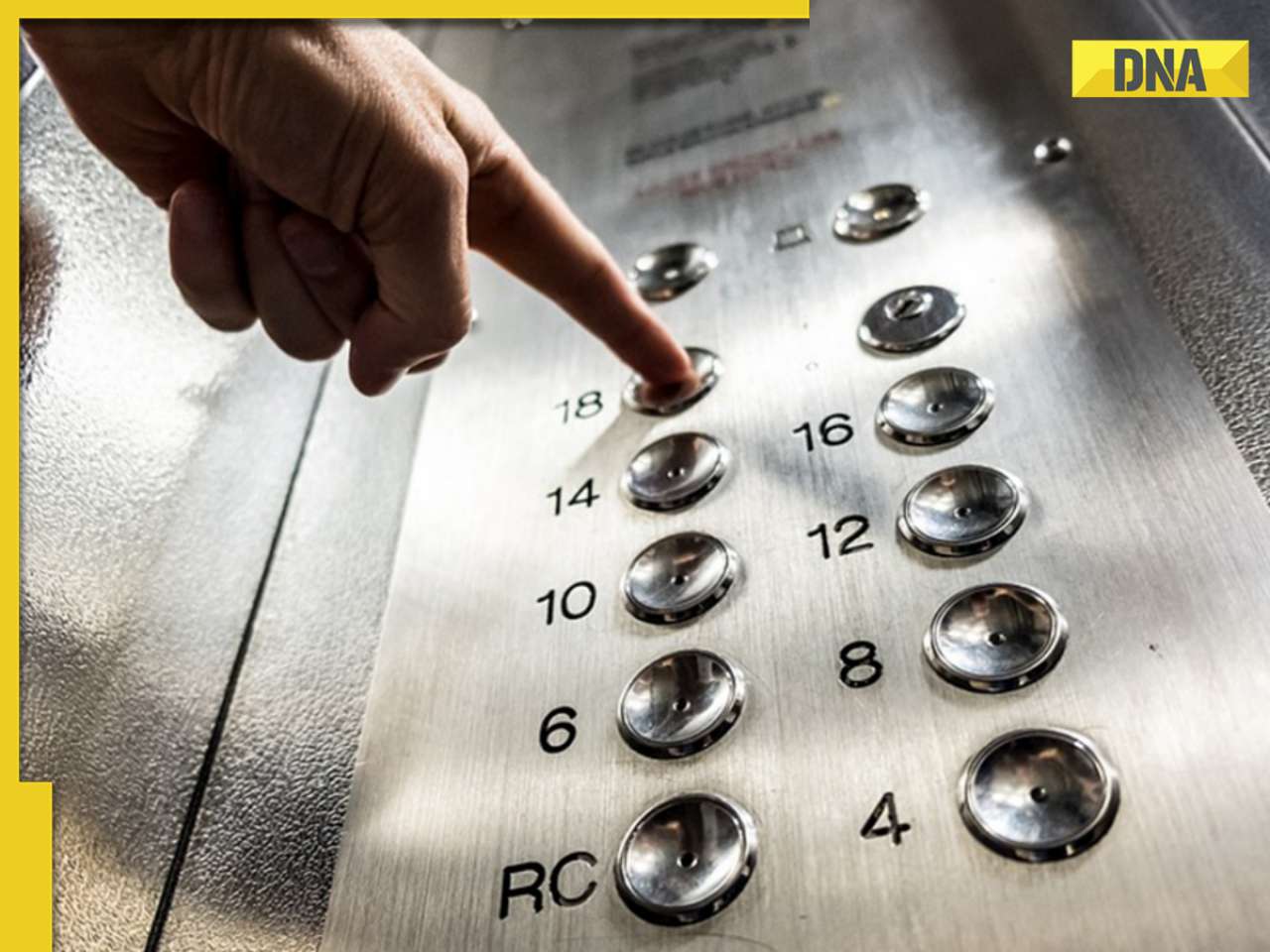U. S. television networks Fox News and NBC said U. S. officials had told them they believed Tuesday's test was of an ICBM, marking a milestone in Pyongyang's missile development.
North Korea said on Tuesday it successfully test-launched a first intercontinental ballistic missile (ICBM), which some analysts said could put all of the U.S. state of Alaska in range for the first time.
U.S. television networks Fox News and NBC said U.S. officials had told them they believed Tuesday's test was of an ICBM, marking a milestone in Pyongyang's missile development.
The launch, on the eve of U.S. Independence Day, took place days before leaders from the Group of 20 nations were due to discuss steps to rein in North Korea's weapons programme, which it has pursued in defiance of U.N. Security Council sanctions.
North Korea's state media said the launch was ordered and supervised by leader Kim Jong Un and sent the Hwasong-14 933 km (580 miles) reaching an altitude of 2,802 km (1,741 miles) over a flight time of 39 minutes.
North Korea has said it is working to develop a nuclear-tipped missile capable of striking the U.S. mainland, something U.S. President Donald Trump vowed in January would never happen.
Some analysts said the flight details on Tuesday suggested the new missile had a range of more than 8,000 km (4,970 miles), which would put significant parts of the U.S. mainland in range, representing major advances in its programme. Others said they believed its range was not so far.
David Wright, co-director of the Global Security Program at the U.S.-based Union of Concerned Scientists, said the flight time and distance suggested the missile could reach a maximum range of about 6,700 km (4,163 miles), bringing Alaska into range.
South Korean President Moon Jae-in said the missile was believed to be an intermediate-range type, but the military was looking into the possibility it was an ICBM.
The Pentagon and State Department said on Tuesday that they and other U.S. government agencies were working on a more detailed assessment of the launch. On Monday night, the Pentagon described the missile as an intermediate-range type that travelled for 37 minutes.
Analysts have said they believed North Korea was still years away from having an operational nuclear-tipped ICBM capable of hitting the United States. Such a missile would require not only sufficient range, but also a warhead small enough to be mounted on it and technology to ensure stable re-entry into the atmosphere.
North Korea said its missiles were now capable of striking anywhere in the world.
Officials from South Korea, Japan and the United States said the missile landed in the sea in Japan's Exclusive Economic Zone after being launched on a high trajectory.
Kim Dong-yub, a military expert at Seoul's Kyungnam University, said it appeared the test was successful and that if launched on a standard angle, the missile could have a range of more than 8,000 km (4,970 miles).
"But we have to see more details of the new missile to determine if North Korea has acquired ICBM technology."
TRUMP FRUSTRATION WITH CHINA
Trump has been urging China, North Korea's main trading partner and only big ally, to press North Korea to give up its nuclear program. In an apparent reference to Kim Jong Un, Trump tweeted: "Does this guy have anything better to do with his life?"
"Hard to believe South Korea and Japan will put up with this much longer," he added. "Perhaps China will put a heavy move on North Korea and end this nonsense once and for all!"
Trump has indicated he is running out of patience with Beijing's efforts to rein in North Korea. His administration has said all options are on the table, military included, but suggested these would be a last resort and that sanctions and diplomatic pressure are its preferred course.
While China has responded to previous North Korean tests of suspected ICBM technology by agreeing to tougher U.N. sanctions, on Tuesday it emphasised its call for a return to talks with North Korea by signing a joint statement with Russia.
Under China's plan, North Korea would suspend its ballistic missile programme in return for a moratorium on large-scale military exercises by the United States and South Korea, which Washington and Seoul say are essential to maintain defence readiness.
Trump is due to meet both Chinese President Xi Jinping and Russian President Vladimir Putin during the G20 in Germany this week.
Japan said on Monday it would have a trilateral summit with the United States and South Korea on North Korea at the G20. Its Prime Minister Shinzo Abe said he would ask the presidents of China and Russia to play more constructive roles.
North Korea was a major topic in phone calls between Trump and the leaders of China and Japan this week.
Chinese Foreign Ministry spokesman Geng Shuang called on Tuesday for calm and restraint, and reiterated China's opposition to North Korea's violation of U.N. resolutions on missile tests.
Responding to Trump's tweet, Geng said China had been working hard to resolve the North Korean nuclear issue.
"China's role is indispensable," he told a daily news briefing. "We hope all sides can meet each other half way."
North Korea has conducted five nuclear tests, two since the beginning of last year, and the pace of missile tests has risen significantly. It says it needs to develop its weapons in the face of what it sees as U.S. aggression.
Analysts say it often conducts tests to show its defiance and to raise the stakes when it sees regional powers getting ready for talks or sanctions.
(This article has not been edited by DNA's editorial team and is auto-generated from an agency feed.)
![submenu-img]() Ramesh Awasthi: Kanpur's 'Karma Yogi' - Know inspirational journey of 'common man' devoted for society
Ramesh Awasthi: Kanpur's 'Karma Yogi' - Know inspirational journey of 'common man' devoted for society![submenu-img]() Tovino Thomas accused of stopping his film Vazhakku's release by director Sanal Kumar Sasidharan: 'The agenda of...'
Tovino Thomas accused of stopping his film Vazhakku's release by director Sanal Kumar Sasidharan: 'The agenda of...'![submenu-img]() PM Modi wears turban, serves langar at Gurudwara Patna Sahib in Bihar, watch
PM Modi wears turban, serves langar at Gurudwara Patna Sahib in Bihar, watch![submenu-img]() Anil Ambani’s debt-ridden Reliance’s ‘buyer’ now waits for RBI nod, wants Rs 80000000000…
Anil Ambani’s debt-ridden Reliance’s ‘buyer’ now waits for RBI nod, wants Rs 80000000000…![submenu-img]() Man in bizarre jeans dances to Tinku Jiya in crowded metro, viral video makes internet furious
Man in bizarre jeans dances to Tinku Jiya in crowded metro, viral video makes internet furious![submenu-img]() Maharashtra Board HSC, SSC Results 2024: MSBSHSE class 10, 12 results soon at mahresult.nic.in, latest update here
Maharashtra Board HSC, SSC Results 2024: MSBSHSE class 10, 12 results soon at mahresult.nic.in, latest update here![submenu-img]() Meet IIT-JEE topper who passed JEE Advanced with AIR 1, decided to drop out of IIT due to…
Meet IIT-JEE topper who passed JEE Advanced with AIR 1, decided to drop out of IIT due to…![submenu-img]() Meet IPS Idashisha Nongrang, who became Meghalaya's first woman DGP
Meet IPS Idashisha Nongrang, who became Meghalaya's first woman DGP![submenu-img]() CBSE Results 2024: CBSE Class 10, 12 results date awaited, check latest update here
CBSE Results 2024: CBSE Class 10, 12 results date awaited, check latest update here![submenu-img]() Meet man, who was denied admission in IIT due to blindness, inspiration behind Rajkummar Rao’s film, now owns...
Meet man, who was denied admission in IIT due to blindness, inspiration behind Rajkummar Rao’s film, now owns...![submenu-img]() DNA Verified: Is CAA an anti-Muslim law? Centre terms news report as 'misleading'
DNA Verified: Is CAA an anti-Muslim law? Centre terms news report as 'misleading'![submenu-img]() DNA Verified: Lok Sabha Elections 2024 to be held on April 19? Know truth behind viral message
DNA Verified: Lok Sabha Elections 2024 to be held on April 19? Know truth behind viral message![submenu-img]() DNA Verified: Modi govt giving students free laptops under 'One Student One Laptop' scheme? Know truth here
DNA Verified: Modi govt giving students free laptops under 'One Student One Laptop' scheme? Know truth here![submenu-img]() DNA Verified: Shah Rukh Khan denies reports of his role in release of India's naval officers from Qatar
DNA Verified: Shah Rukh Khan denies reports of his role in release of India's naval officers from Qatar![submenu-img]() DNA Verified: Is govt providing Rs 1.6 lakh benefit to girls under PM Ladli Laxmi Yojana? Know truth
DNA Verified: Is govt providing Rs 1.6 lakh benefit to girls under PM Ladli Laxmi Yojana? Know truth![submenu-img]() Remember Harsh Lunia? Just Mohabbat child star, here's how former actor looks now, his wife is Bollywood's popular...
Remember Harsh Lunia? Just Mohabbat child star, here's how former actor looks now, his wife is Bollywood's popular...![submenu-img]() Mother's Day 2024: Bollywood supermoms who balance motherhood, acting, and run multi-crore businesses
Mother's Day 2024: Bollywood supermoms who balance motherhood, acting, and run multi-crore businesses![submenu-img]() Rocky Aur Rani's Golu aka Anjali Anand shocks fans with drastic weight loss without gym, says fitness secret is...
Rocky Aur Rani's Golu aka Anjali Anand shocks fans with drastic weight loss without gym, says fitness secret is...![submenu-img]() In pics: Ram Charan gets mobbed by fans during his visit to Pithapuram for ‘indirect campaign’ for uncle Pawan Kalyan
In pics: Ram Charan gets mobbed by fans during his visit to Pithapuram for ‘indirect campaign’ for uncle Pawan Kalyan![submenu-img]() Streaming This Week: Yodha, Aavesham, Murder In Mahim, Undekhi season 3, latest OTT releases to binge-watch
Streaming This Week: Yodha, Aavesham, Murder In Mahim, Undekhi season 3, latest OTT releases to binge-watch![submenu-img]() Haryana Political Crisis: Will 3 independent MLAs support withdrawal impact the present Nayab Saini led-BJP government?
Haryana Political Crisis: Will 3 independent MLAs support withdrawal impact the present Nayab Saini led-BJP government?![submenu-img]() DNA Explainer: Why Harvey Weinstein's rape conviction was overturned, will beleaguered Hollywood mogul get out of jail?
DNA Explainer: Why Harvey Weinstein's rape conviction was overturned, will beleaguered Hollywood mogul get out of jail?![submenu-img]() What is inheritance tax?
What is inheritance tax?![submenu-img]() DNA Explainer: What is cloud seeding which is blamed for wreaking havoc in Dubai?
DNA Explainer: What is cloud seeding which is blamed for wreaking havoc in Dubai?![submenu-img]() DNA Explainer: What is Israel's Arrow-3 defence system used to intercept Iran's missile attack?
DNA Explainer: What is Israel's Arrow-3 defence system used to intercept Iran's missile attack?![submenu-img]() Tovino Thomas accused of stopping his film Vazhakku's release by director Sanal Kumar Sasidharan: 'The agenda of...'
Tovino Thomas accused of stopping his film Vazhakku's release by director Sanal Kumar Sasidharan: 'The agenda of...'![submenu-img]() Ratna Pathak Shah calls Guru Dutt and Bimal Roy's films 'offensive', says, 'women are constantly...'
Ratna Pathak Shah calls Guru Dutt and Bimal Roy's films 'offensive', says, 'women are constantly...'![submenu-img]() Shreyas Talpade recalls how he felt bad when his film Kaun Pravin Tambe did not release in theatres: 'It deserved...'
Shreyas Talpade recalls how he felt bad when his film Kaun Pravin Tambe did not release in theatres: 'It deserved...'![submenu-img]() Anup Soni slams his deepfake video from Crime Patrol, being used to promote IPL betting
Anup Soni slams his deepfake video from Crime Patrol, being used to promote IPL betting![submenu-img]() Real story that inspired Heeramandi: The tawaif who helped Gandhi fight British Raj, was raped, abused, died in...
Real story that inspired Heeramandi: The tawaif who helped Gandhi fight British Raj, was raped, abused, died in...![submenu-img]() Man in bizarre jeans dances to Tinku Jiya in crowded metro, viral video makes internet furious
Man in bizarre jeans dances to Tinku Jiya in crowded metro, viral video makes internet furious![submenu-img]() Lift collides with roof in Noida society after brakes fail, 3 injured
Lift collides with roof in Noida society after brakes fail, 3 injured![submenu-img]() Zomato CEO Deepinder Goyal invites employees' moms to office for Mother's Day celebration, watch
Zomato CEO Deepinder Goyal invites employees' moms to office for Mother's Day celebration, watch![submenu-img]() This clip of kind woman feeding rotis to stray cows will bring tears of joy to your eyes, watch
This clip of kind woman feeding rotis to stray cows will bring tears of joy to your eyes, watch![submenu-img]() Viral video: Seagull swallows squirrel whole in single go, internet is stunned
Viral video: Seagull swallows squirrel whole in single go, internet is stunned

























































)
)
)
)
)
)